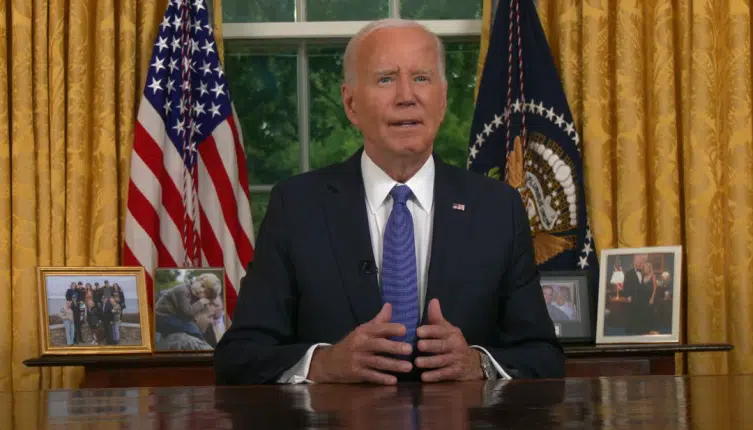By Rick Manning
Miss your old free checking account? In 2020, only 47 percent of non-interest checking accounts were free according to Bankrate.com. That’s up from 42 percent in 2019 and the low of 37 percent in 2015, but well below the 76 percent that were offered in 2009. Why such a big drop?
In part, you can thank the Dodd-Frank financial services reform bill of 2010 and, particularly, the amendment by Sen. Dick Durbin (D-Ill.), that capped interchange bank fees collected from merchants who accept debit card payments.
The amendment was done at the behest of big retailers who are the principal beneficiary of the cashless society. They’d rather not handle cash, and they’d rather not have to pay for the privilege not to.
A 2013 study by Brad Hubbard of the University of Chicago Law School noted banks lost between $6.6 billion and $8 billion in revenue per year after the Durbin amendment passed.
In addition, Federal Reserve regulations limiting consumer overdraft fees have additionally resulted in a drop of bank revenues from a high of $37 billion in 2009, all the way down to $30 billion in 2020.
The combination of the regulations, depriving banks of revenue from retailers, has instead had banks turning to bank consumers for more fees, including on checking accounts. Regulators are playing a tireless game of whack-a-mole, and you and me, the bank customers are the mole.
Now, not to be outdone, retailers and hospitality industries want to expand the limits on interchange bank fees to credit cards, a May 20 coalition letter spearheaded by Americans for Tax Reform and co-signed by Americans for Limited government reports: “Since its passage, retail trade associations and some in Congress have searched for opportunities to expand the Durbin Amendment’s reach to credit cards. Last year, the National Restaurant Association pushed for an unrelated expansion of the Durbin Amendment in any Covid-19 relief bill to cap credit card interchange fees.”
The letter warns, “Any Durbin Amendment expansion to credit cards and the costs associated with such a policy will only serve to further limit consumer’s financial choices and could threaten $50 billion in rewards enjoyed by millions of consumers and retailers who use and accept rewards credit cards.”
If the Durbin Amendment is expanded to credit cards, like banks have done with all of these other regulations, the costs will simply be put right back on bank consumers. Why are lower income Americans the ones who are made to shoulder this burden and pay greater fees at the behest of special business interest groups? It’s a predictable outrage, but not one that the banks are necessarily to blame for.
The point is, someone is always going to pay. Banking is not a cost-free venture, and yet retailers, who benefit handsomely from the cashless society, would like to pretend they are due a free lunch.
As the ATR letter noted, “Retail trade associations have proven themselves relentless in their justification of shifting billions of dollars away from consumers and limit choice within the marketplace. Consumers stand to lose the most with further government intervention and can expect to see a loss of rewards points, transaction security, and higher costs at check-out.”
Congress and the Federal Reserve should block any further expansion of the Durbin Amendment, a government price control that will shortchange consumers again.
Rick Manning is the President of Americans for Limited Government.







